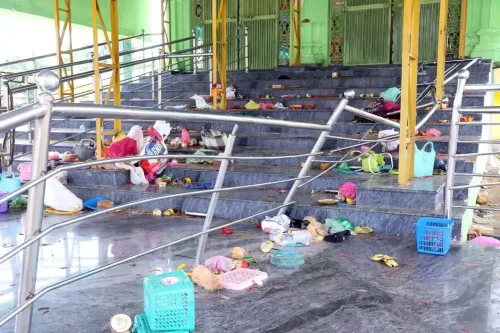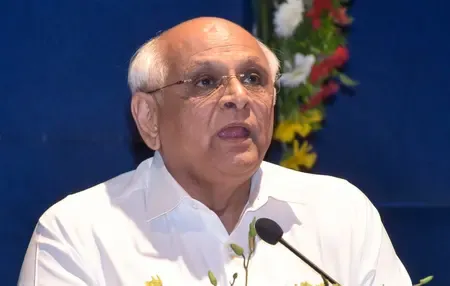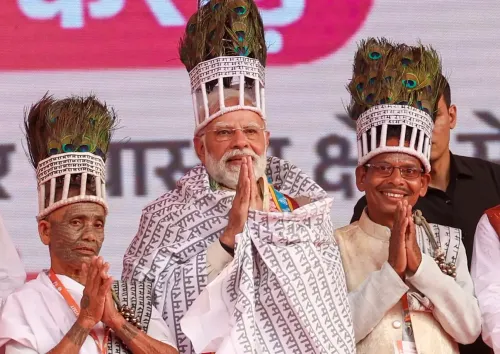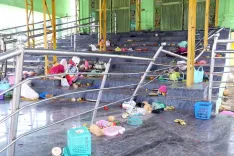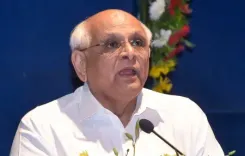Is Ashok Gehlot Right to Criticize Rajasthan's Government for Bajri Mafia Violence?
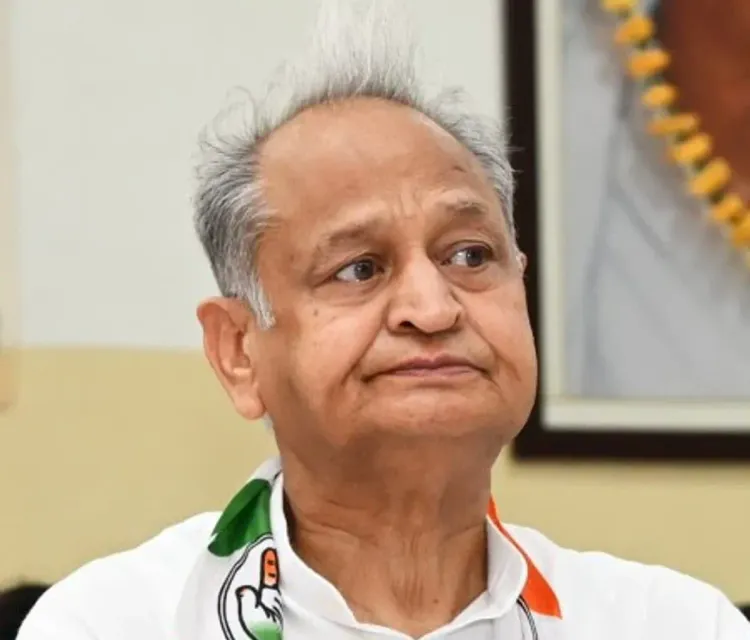
Synopsis
Key Takeaways
- Ashok Gehlot criticizes the Rajasthan government for alleged collusion with the Bajri mafia.
- Rising violence linked to illegal sand mining operations is a major concern.
- Public safety is at stake as local communities live in fear.
- Gehlot questions the government's commitment to protecting citizens.
- The situation demands immediate action from state authorities.
Jaipur, June 3 (NationPress) Former Chief Minister Ashok Gehlot has vehemently criticized the BJP-led government in Rajasthan, claiming that it has either capitulated to the Bajri mafia or is deeply complicit with them.
“It appears that the BJP government in Rajasthan has either fully yielded to the Bajri mafia or its representatives are obtaining such ‘benefits’ from the mafia that they choose to remain silent,” Gehlot expressed on X.
The former Chief Minister emphasized that the Bajri mafia now acts with impunity, threatening anyone at their discretion, while both the administration and government choose to remain silent.
Gehlot’s remarks are critical of not just the government but also the police and administrative bodies, as he contended that the Bajri mafia's power has escalated to a perilous level, openly targeting businessmen, police officers, and government officials.
His concerns arise amidst a surge in violence associated with the Bajri mafia throughout Rajasthan.
In recent weeks, there have been numerous incidents of murder, assault, and gunfire, reportedly linked to illegal sand mining activities.
These events have instilled widespread fear within local communities, raising serious alarms regarding public safety.
Gehlot questioned the government’s dedication to safeguarding its citizens, asking: “Do the lives of ordinary people hold no value? Has the state implemented a policy of open concession to the mafia network?”
With increasing public concern over law and order, Gehlot’s critique has compelled the ruling BJP government to react decisively to what seems to be a burgeoning alliance between organized crime and the inaction, or complicity, within the state apparatus, as noted by party workers.

